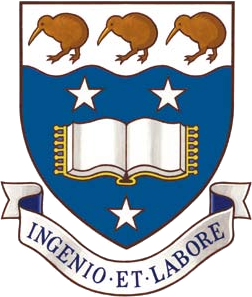
The University of Auckland is the largest university in New Zealand, located in the country's largest city, Auckland. It is the highest-ranked university in the country, being ranked 85th worldwide in the 2018/19 QS World University Rankings. Established in 1883 as a constituent college of the University of New Zealand, the university is made up of eight faculties; these are spread over six campuses. It has more than 40,000 students, and more than 30,000 "equivalent full-time" students.
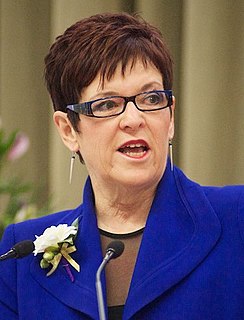
Dame Jennifer Mary Shipley is a former New Zealand politician who served as the 36th Prime Minister of New Zealand from 1997 to 1999. She was the first female prime minister of New Zealand, and is the only woman to have led the National Party.
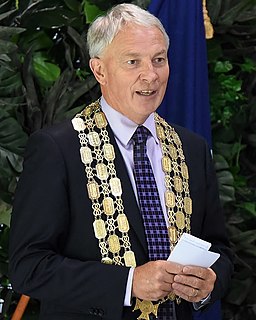
Philip Bruce Goff is the Mayor of Auckland, in office since 2016; previously he was a Member of the New Zealand Parliament from 1981 to 1990 and again from 1993 to 2016. He served as Leader of the Labour Party and Leader of the Opposition between 11 November 2008 and 13 December 2011.

Sue Bradford is a New Zealand activist, academic, and former New Zealand politician who served as a list Member of Parliament representing the Green Party from 1999 to 2009.
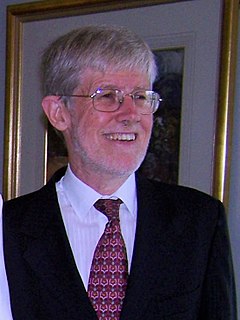
Peter Byard Davis is a New Zealand sociologist, professor, and the husband of former New Zealand Prime Minister Helen Clark.
The New Zealand Initiative is a libertarian public policy think tank and business membership organisation. Based in Wellington, New Zealand, this think tank was formed in 2012 from the merger of the New Zealand Business Roundtable (NZBR) and the New Zealand Institute. The Initiative acts as a conduit between the different levels of government, the business sector, and the people of New Zealand. The Initiative’s main areas of focus include economic policy, housing, education, local government, welfare, immigration and fisheries.

Charles Pierre Chauvel serves with the United Nations Development Programme and is a New Zealand lawyer and former New Zealand politician who was a Labour List member (2006–2013) until his resignation to take up a position with the UN. He was the first New Zealand MP of Tahitian ancestry.
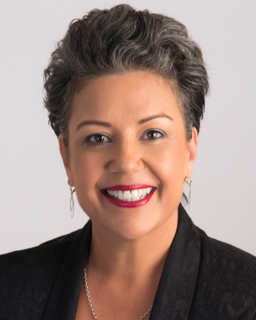
Paula Lee Bennett is a New Zealand politician who serves as the Deputy Leader of the National Party and MP for Upper Harbour. She served as the Deputy Prime Minister of New Zealand between December 2016 and October 2017.
The following lists events that happened during 2006 in New Zealand.
Scoop.co.nz is a New Zealand internet news site run by Scoop Media Limited, part of the Scoop Media Cartel.

Stuff.co.nz is a New Zealand news website published by Stuff Limited, a subsidiary of Australian company Fairfax Media Ltd. Stuff hosts the websites for Fairfax's New Zealand newspapers, including the country's second- and third-highest circulation daily newspapers, The Dominion Post and The Press, and the highest circulation weekly, The Sunday Star-Times. It is also a web portal to other Fairfax websites. As of March 2019, the website had an Alexa rank in New Zealand of 7.
Peter Neilson is a New Zealand businessman and politician, and a former Labour Party Member of Parliament in the New Zealand House of Representatives.

The McGuinness Institute is a non-partisan think tank based in Wellington, New Zealand, working towards a sustainable future, contributing strategic foresight through evidence-based research and policy analysis. Established in 2004 by Wendy McGuinness, the Institute endeavours to undertake research that is independent, innovative and relevant in a professional manner. Previously the Sustainable Future Institute, the McGuinness Institute changed its name in February 2012.
New Conservative is a conservative political party in New Zealand. It advocates for social conservatism and environmental pragmatism, with lower taxation and reduced government spending.
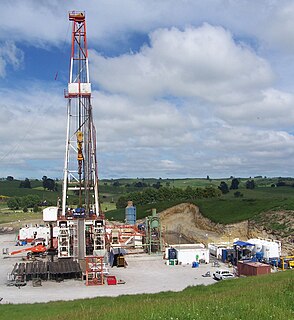
Approximately 40% of primary energy is from renewable energy sources in New Zealand. Approximately 80% of electricity comes from renewable energy, primarily hydropower and geothermal power.

David Breen Seymour is a New Zealand politician serving as the Member of Parliament (MP) for Epsom and Leader of ACT New Zealand since 2014.
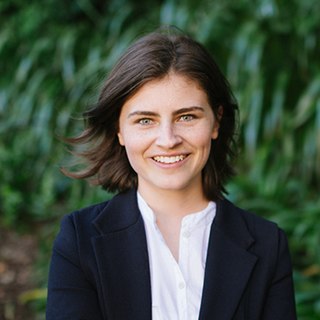
Chlöe Charlotte Swarbrick is a New Zealand politician and entrepreneur. Following a high-profile but unsuccessful run for the 2016 Auckland mayoral election, she became a candidate for the Green Party of Aotearoa New Zealand, standing in the 2017 New Zealand general election.

The Sixth Labour Government has governed New Zealand since 26 October 2017. It is headed by Labour Party leader and Prime Minister Jacinda Ardern.
The New Zealand cannabis referendum will be a non-binding referendum, held at the 2020 New Zealand general election on the question of whether to legalise the personal use of cannabis. The latest possible date for the election and the referendum is 21 November 2020.














